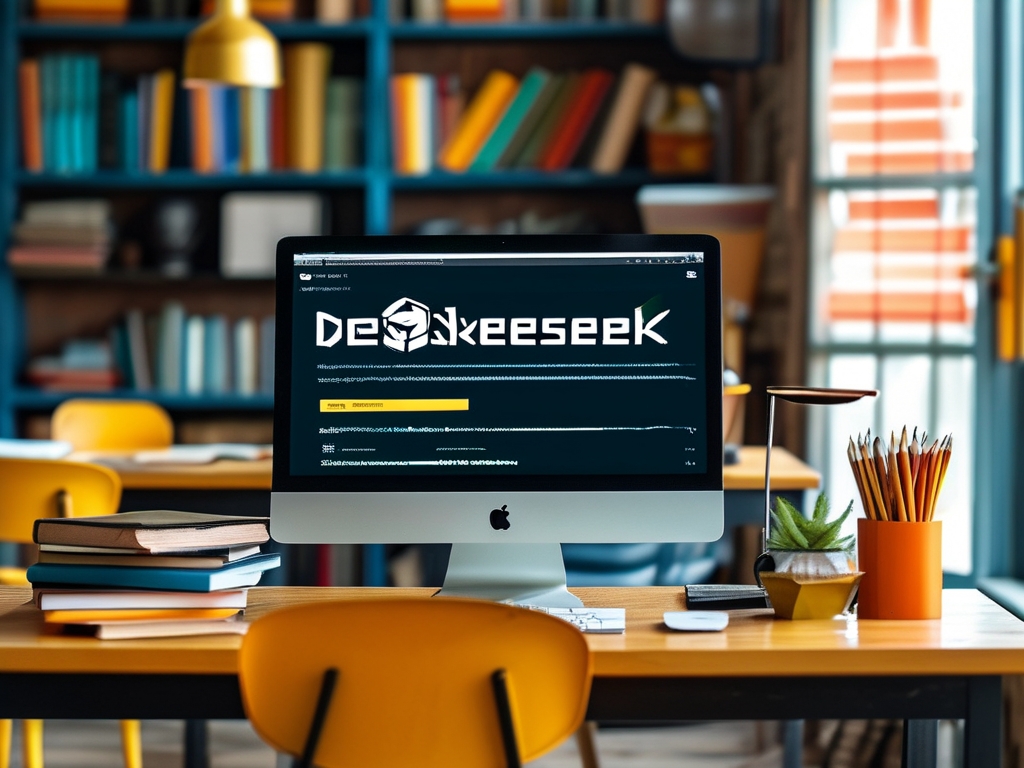In the rapidly evolving field of artificial intelligence, the role of a Microsoft NLP Algorithm Engineer stands at the intersection of cutting-edge technology and real-world impact. Natural Language Processing (NLP) has become a cornerstone of modern AI applications, from chatbots and virtual assistants to sentiment analysis and machine translation. At Microsoft, NLP engineers are tasked with designing, optimizing, and deploying algorithms that power some of the world’s most widely used tools, including Azure Cognitive Services, Cortana, and Microsoft Teams’ AI-driven features. This article explores the responsibilities, challenges, and ethical considerations unique to this role, as well as the skills required to thrive in it.

Responsibilities of a Microsoft NLP Engineer
A Microsoft NLP Algorithm Engineer’s primary responsibility is to develop robust models that understand, interpret, and generate human language. This involves working with massive datasets to train machine learning models using frameworks like PyTorch and TensorFlow. Engineers collaborate with cross-functional teams, including data scientists, product managers, and UX designers, to integrate NLP capabilities into products such as Bing Search, Dynamics 365, and Microsoft Translator.
One critical task is improving model accuracy while balancing computational efficiency. For example, optimizing BERT-based models for real-time applications requires reducing latency without sacrificing performance. Additionally, engineers must stay ahead of emerging trends, such as few-shot learning or transformer architectures like GPT-4, to ensure Microsoft’s offerings remain competitive.
Technical Skills and Tools
To excel in this role, a strong foundation in machine learning, linguistics, and software engineering is essential. Proficiency in Python is a baseline requirement, alongside experience with cloud platforms like Azure for scalable model deployment. Knowledge of multilingual NLP is increasingly valuable as Microsoft expands its global footprint.
Engineers often leverage open-source libraries such as Hugging Face’s Transformers and spaCy, but they also contribute to Microsoft’s proprietary tools. For instance, the company’s Project Turing—an advanced NLP framework—relies on in-house innovations to handle low-resource languages and domain-specific jargon. Debugging and testing models in diverse linguistic contexts (e.g., code-switched text or regional dialects) further demands adaptability and problem-solving skills.
Ethical Challenges and Accountability
NLP engineers at Microsoft face unique ethical dilemmas. Bias in language models remains a pressing issue; for example, training data skewed toward certain demographics can lead to unfair outcomes in hiring tools or customer service bots. Engineers must implement fairness metrics and audit algorithms rigorously. Microsoft’s AI Ethics Committee provides guidelines, but translating these principles into technical solutions requires creativity—such as debiasing embeddings or designing inclusive datasets.
Privacy is another concern. Models trained on user-generated data must comply with regulations like GDPR and CCPA. Techniques like federated learning and differential privacy are increasingly adopted to protect sensitive information while maintaining model efficacy.
Career Growth and Industry Impact
A career as a Microsoft NLP Algorithm Engineer offers opportunities to shape the future of human-computer interaction. Innovations from this role directly enhance accessibility—think of real-time captioning for the hearing impaired or AI-powered literacy tools. Engineers also contribute to sustainability efforts; optimizing energy-efficient training methods reduces the carbon footprint of large-scale AI.
Professionals in this field often publish research at conferences like ACL or NeurIPS, fostering collaboration between academia and industry. Microsoft’s emphasis on continuous learning ensures engineers stay at the forefront of NLP advancements, from quantum-inspired algorithms to multimodal systems that combine text, vision, and speech.
The role of a Microsoft NLP Algorithm Engineer is both technically demanding and socially impactful. It requires a blend of coding expertise, linguistic insight, and ethical awareness to build systems that millions rely on daily. As NLP continues to redefine industries—from healthcare to education—these engineers will play a pivotal role in ensuring technology serves humanity responsibly. For aspiring candidates, mastering interdisciplinary skills and embracing a mindset of lifelong learning are keys to success in this dynamic field.





